Diagnosis and treatment of crohn's disease
Crohn's disease of the colon is a form of chronic inflammatory bowel disease characterized by diarrhea, abdominal pain, weakness, and fever. While there is no cure, persistent remission and symptom management can be achieved with medication. Surgical treatment is performed to eliminate the source of inflammation, but it does not prevent relapse in other areas.

specialists

equipment

treatment
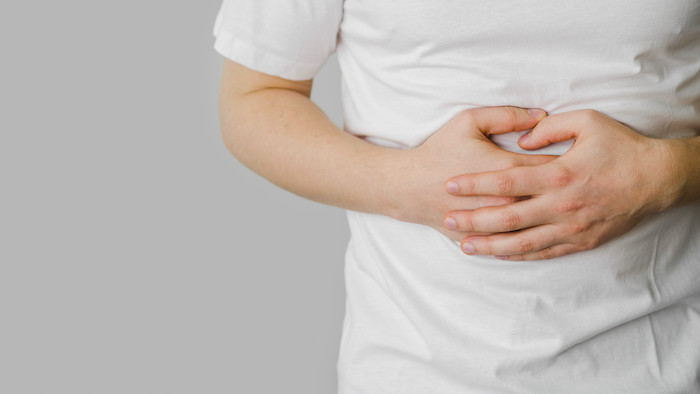
Causes and risk factors
The causes of Crohn's disease are not fully understood. There are several key factors that contribute to its development:
- Genetic predisposition - the NOD2, ATG16L1, and IL23R genes are associated with an increased risk.
- Immune disorders - the immune system reacts to normal intestinal microflora as pathogenic, which provokes chronic inflammation.
- Smoking - increases pain and causes relapses.
- Poor diet - excessive consumption of fatty foods, sugars, and processed foods.
- Frequent and prolonged use of nonsteroidal anti-inflammatory drugs - disrupts the protective barrier of the mucous membrane.
Stress and psycho-emotional overload in adults increase exacerbations and disrupt the regulation of the immune system and intestinal motility. Living in an unfavorable environmental environment negatively impacts the intestinal microflora, causing dysbiosis.
Prevalence of Crohn's Disease
Crohn's disease occurs with approximately equal frequency in men and women. The disease is widespread worldwide, but is more often diagnosed in developed countries in Europe and North America. The condition typically begins in young adults (15-35 years), but can also occur in children and the elderly.
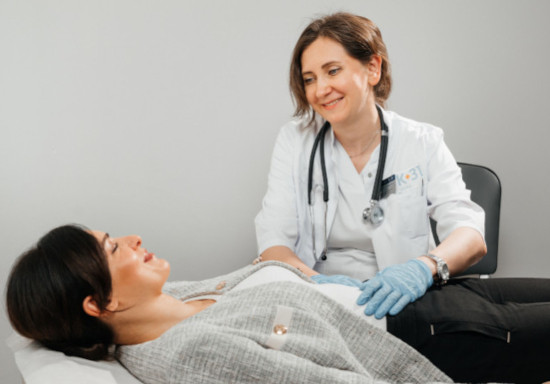
Pathogenesis and mechanisms of development
Crohn's disease is based on a disruption of the intestinal mucosal immune response to normal microbiota or pathogens. This leads to activation of innate and adaptive immunity, production of anti-inflammatory cytokines, disruption of intestinal barrier function, and transmural inflammation.
Microscopic lesions develop, progressing to ulcers, granulomas, and fibrosis. Over time, the inflammation causes strictures (narrowings), fistulas, and abscesses, complicating the disease.
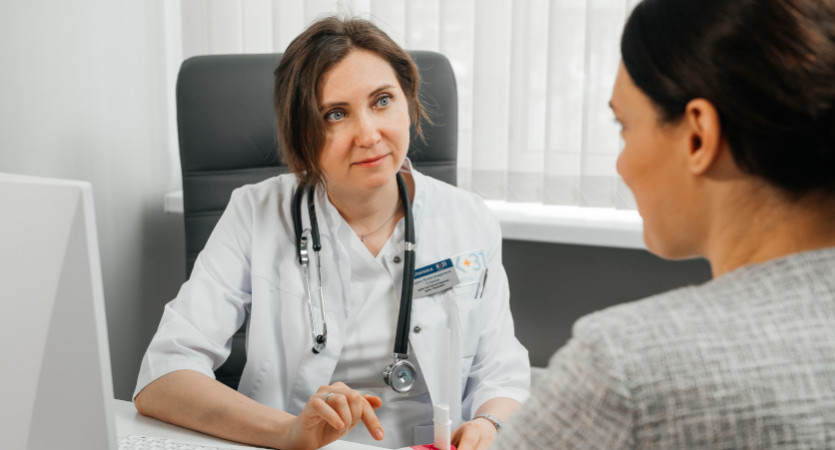
Classification and stages of the disease
By location, Crohn's disease is classified as:
- Ileitis - affects the ileum
- Colitis - affects the lining of the colon
- Ileocolitis - is characterized by combined lesions
- Gastroduodenal type - affects the stomach and upper small intestine
- Gastrointestinal type - concentrates in the stomach, oral cavity, and small intestine
Crohn's disease is classified by its activity as mild, moderate, severe, or refractory. The following stages are distinguished:
- Acute onset – with pronounced symptoms that require immediate treatment
- Chronic – moderate or irregular symptoms over a long period of time
Based on the clinical type, the disease is divided into inflammatory, stricturing (with the formation of narrowings), and penetrating (with the formation of fistulas and abscesses). The most common form is inflammatory. Other forms develop as complications of the inflammatory process.

Symptoms and signs
The following symptoms are characteristic of the disease:
- Chronic diarrhea
- Pain in the lower right abdomen
- Increased fatigue
- Weight loss
- Malabsorption of nutrients
- Decreased work capacity
- Anemia
- Mouth ulcers
- Skin rashes
Patients also experience frequent urge to defecate, blood in the stool, and decreased appetite.
Clinical picture of the disease
In most cases, the pathology develops gradually, with exacerbations alternating with periods of remission. Some patients experience a progressive course with the development of complications.
Diagnostically significant signs include:
- A palpable, painful mass in the right iliac fossa
- Weight loss of more than 10%
- Recurrent perianal fistulas
- Growth and developmental delays in children
- Deterioration of bone health
If Crohn's disease is suspected, consult a gastroenterologist or proctologist for a comprehensive examination.
Diagnosis of Crohn's disease
Laboratory tests
General clinical tests include:
- Blood chemistry — decreased protein, albumin, and ferritin
- Complete blood test — anemia, leukocytosis, increased ESR
- C-reactive protein — an indicator of inflammatory activity
- Stool culture, PCR for salmonella, shigellosis, and campylobacter — to rule out infections
- Fecal calprotectin — a sensitive marker of intestinal inflammation
Parasite testing may be performed to detect helminth eggs and larvae. These cause gastrointestinal symptoms resembling Crohn's disease.
Endoscopy
Endoscopic examinations include the following:
- Colonoscopy with biopsy – helps detect inflammation, ulcers, and strictures
- Gastroscopy – performed if stomach and duodenal lesions are suspected
- Capsule endoscopy – for visualization of the small intestine
Swallowing the capsule containing the video camera is contraindicated if strictures are suspected, as it may become lodged in the digestive tract.
Imaging methods
Radiological diagnostic methods include:
- MRI enterography — a method for assessing the small intestine, revealing inflammation, fistulas, abscesses, and strictures.
- CT enterography — an alternative when MRI is unavailable.
- Intestinal ultrasound — reveals thickening of the intestinal wall, enlarged lymph nodes, and the presence of fluid.
Radiological examinations are not performed in cases of acute intestinal obstruction or allergy to contrast agents.
Differential diagnosis
It is important to distinguish Crohn's disease from the following pathologies:
- Ulcerative colitis - characterized by continuous damage to the colon, superficial ulcers
- Infectious colitis - occurs in an acute form, accompanied by abdominal pain, diarrhea, weakness, nausea
- Ischemic colitis - develops in old age, leads to inflammation and damage to intestinal tissue
- Colon cancer - characterized by weight loss and loss of appetite, bowel disturbances, fatigue, increased gas formation, abdominal pain
- Celiac disease - manifests itself as frequent diarrhea, flatulence, muscle pain and aches, weight loss
- Intestinal tuberculosis - causes abdominal pain, diarrhea, or Constipation, fever, general malaise
The diagnosis is based on laboratory, endoscopic, and imaging studies. Atypical disease progression, the presence of comorbidities, and the absence of obvious symptoms in the early stages can delay diagnosis.
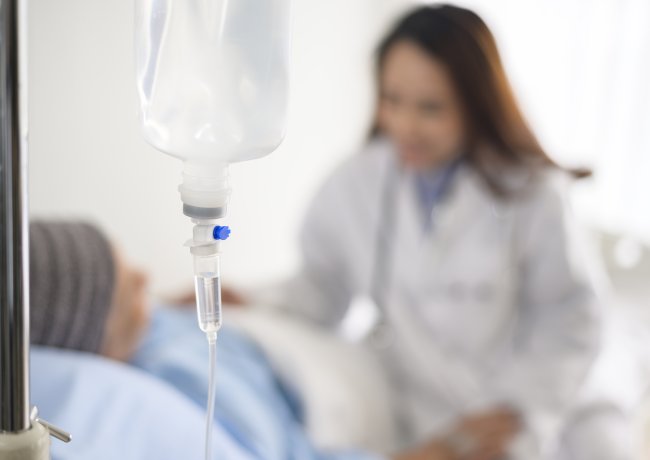
Complications of Crohn's disease
The most common complications of the disease include:
- Strictures - arise due to chronic inflammation and fibrosis, causing intestinal obstruction.
- Fistulas - formations between the intestines, bladder, vagina, or perianal area, often associated with abscesses.
- Abscesses - purulent inflammation in the abdominal cavity or tissues around the anus, causing pain and fever.
- Intestinal perforation - a rupture in the intestinal wall with the release of contents into the abdominal cavity, requiring emergency surgery.
- Colon cancer - occurs due to extensive colon damage.
In addition to intestinal complications, drug-induced hepatitis, kidney stones, arthritis, and skin lesions are possible. Vitamin and micronutrient deficiencies and anemia due to chronic blood loss are also common.
Crohn's disease can be treated in Moscow at the K+31 Medical Center. Experienced doctors develop a personalized treatment protocol based on examination results. Diagnostics are performed using modern, expert-grade equipment, allowing us to assess the extent of intestinal damage and rule out other conditions.
You can schedule an appointment with a doctor on the clinic's website. Simply provide your full name and phone number in the online application.
Crohn's disease treatment
General treatment
During an exacerbation, it is important to follow a hypoallergenic diet. Avoid the following:
- Eggs
- Nuts
- Seafood
- Raw vegetables, fruits with skins
- Milk, cheese, ice cream
- Whole grains
- Soy
If intestinal absorption is impaired, parenteral nutrition is recommended. Intravenous administration of essential nutrients helps maintain metabolic processes in the body.
During an exacerbation of Crohn's disease, the most commonly prescribed medications are:
- Glucocorticosteroids — for moderate to severe disease
- Immunosuppressants — to achieve and maintain remission
- Antibiotics — for abscesses and fistulas
- Biological agents — to reduce symptoms
If biological agents are ineffective or intolerable, JAK inhibitors are used. They reduce intestinal inflammation and improve the patient's condition.
Surgical treatment
Indications for surgery include:
- Intestinal obstruction
- Abscesses, perforations
- Fistulas
- Non-functioning bowel segment
- Malignant degeneration (rare)
According to statistics, 70-80% of patients with Crohn's disease undergo at least one surgery during their lifetime. The main types of surgical interventions include:
- Resection of the affected area. This is performed in cases of severe inflammation, strictures, perforations, and tumor-like formations. Recurrence of adjacent areas is possible.
- Stricturoplasty. This involves widening the narrowed section of the intestine without removing it. Maintains the anatomical length of the intestine, which is important in cases of multiple or recurrent lesions.
- Abscess drainage. Ensures pus drainage, prevents the spread of infection, and reduces inflammation. Usually combined with antibiotics.
- Fistula repair. This procedure closes pathological connections between the intestines and other organs. It can be combined with drainage and the use of biological agents.
Full recovery after surgery lasts from 1 to 3 months. Physical activity should be avoided for the first 4-6 weeks. It is important to replenish vitamin and iron deficiencies, promptly treat sutures, and monitor healing.
“Bowel resection is effective for localized lesions. Stricturoplasty has a lower risk of malabsorption and is suitable for treating short strictures. Abscess drainage is an emergency measure that alleviates symptoms but does not eliminate inflammation. Fistula repair is aimed at restoring anatomy and requires careful selection of medication,” explains Natalia Yuryevna Anikina, gastroenterologist at the K+31 Clinic.
Maintenance therapy
To improve quality of life, patients are prescribed:
- Glucocorticosteroids - have anti-inflammatory and anti-allergic effects
- Biologics - are used for frequent relapses, severe disease, the presence of fistulas, and after surgery to reduce the risk of recurrence
- Immunomodulatory drugs - are necessary after a course of glucocorticosteroids or biologics
Enteral nutritional support helps replenish deficiencies of iron, magnesium, zinc, folic acid, and vitamin D. This involves the separate administration of balanced nutritional mixtures or fortification of prepared meals to increase the biological value of the diet.
Colonoscopy or MRI enterography is recommended every 1-2 years for the early detection of latent exacerbations, monitoring the effectiveness of therapy, and preventing complications. It's also important to regularly get a complete blood count, ferritin test, C-reactive protein, calprotectin, and liver function tests.
General information
FAQ
Can Crohn's disease be inherited?
It's the predisposition, not the disease itself, that is inherited. Having close relatives with Crohn's disease increases the risk of developing it by 5-10 times.
What can be confused with Crohn's disease?
Similar symptoms include infectious colitis, intestinal tuberculosis, celiac disease, and irritable bowel syndrome. Malignant tumors can cause narrowing of the lumen, pain, and weight loss. Drug-induced colitis is accompanied by diarrhea, bloating, fever, and general weakness.
What diet can help with Crohn's disease?
During an exacerbation, the diet should be as gentle as possible. Avoid fatty and fried foods, spices, smoked meats, canned and pickled foods, nuts, seeds, legumes, sour fruits and berries, milk, sweet carbonated drinks, and coffee. Eating small, frequent meals 5-6 times a day can improve gastrointestinal function.
How does stress affect the course of Crohn's disease?
Stress activates the central nervous system, leading to increased cortisol levels and other hormonal changes that affect the immune response. This results in increased inflammation in the intestines, cramping, diarrhea, nausea, and irritability. Stress also disrupts the balance of microflora, promoting the growth of opportunistic bacteria and weakening the intestinal barrier.
Bibliography for review
- A. M. Svirava, A. Kh. Shirayeva. Crohn's Disease. Modern Methods of Diagnosis and Treatment. Stolypinsky Vestnik Journal — 2022
- S. N. Styazhkina, T. A. Kazakova, E. A. Gorbunova. Resection as a Method of Surgical Treatment of Crohn's Disease. Eurasian Union of Scientists Journal — 2018
- M. N. Klimentov, S. N. Styazhkina, O. A. Neganova, M. S. Lyubimtseva, E. V. Semibratova, O. D. Turbin. Complications of Crohn's Disease Requiring Surgical Care. Perm Medical Journal — 2019
- A. G. Kharitonov. Crohn's Disease and Ulcerative Colitis: Lifestyle Recommendations — 2021
- Yu. A. Shelygin, V. T. Ivashkin. Clinical Practice Guidelines. Crohn's Disease — 2024

This award is given to clinics with the highest ratings according to user ratings, a large number of requests from this site, and in the absence of critical violations.

This award is given to clinics with the highest ratings according to user ratings. It means that the place is known, loved, and definitely worth visiting.

The ProDoctors portal collected 500 thousand reviews, compiled a rating of doctors based on them and awarded the best. We are proud that our doctors are among those awarded.
Make an appointment at a convenient time on the nearest date
Price
Other services







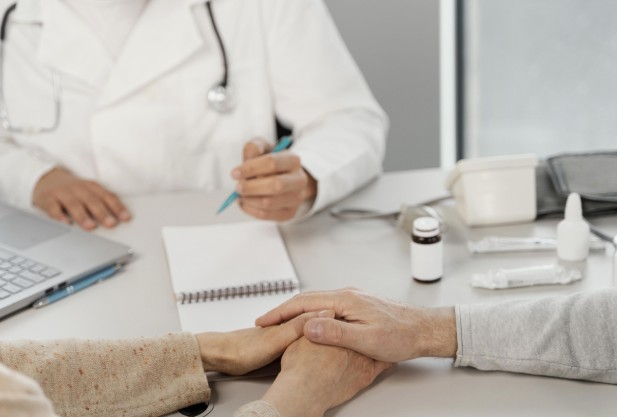
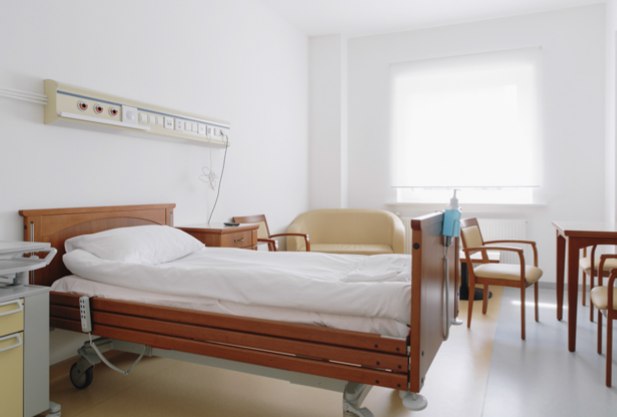
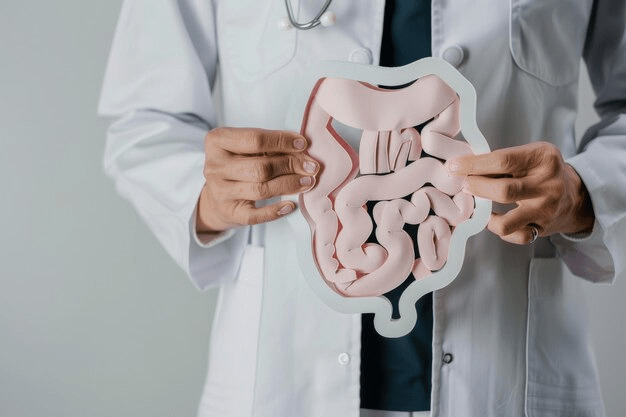
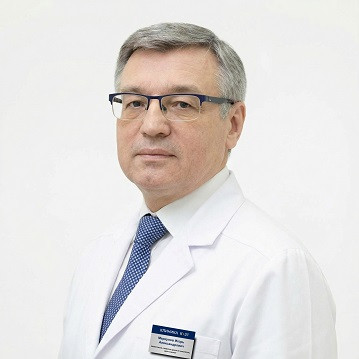
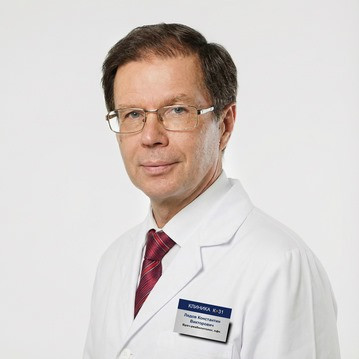

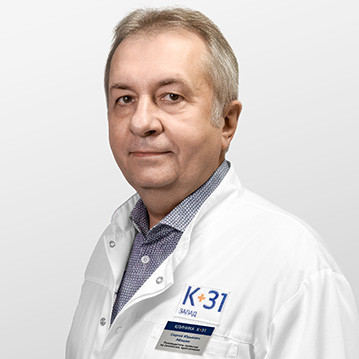
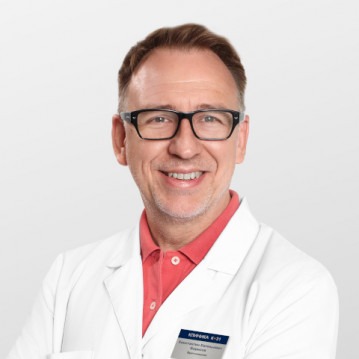
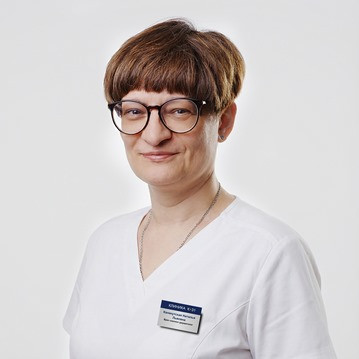
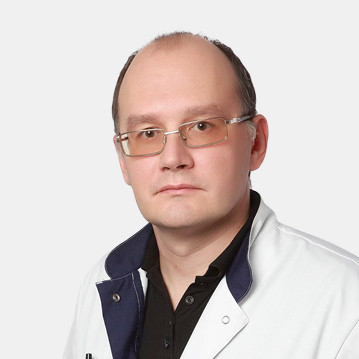

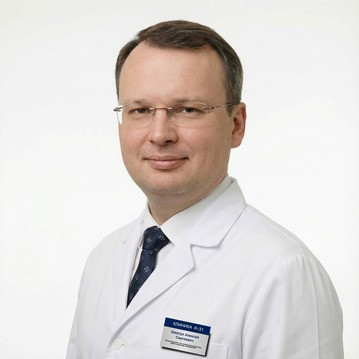
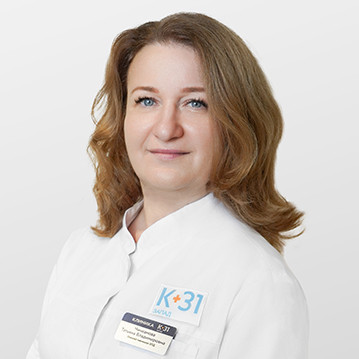
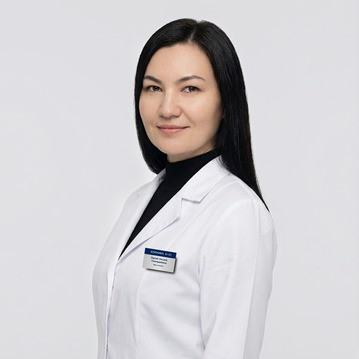
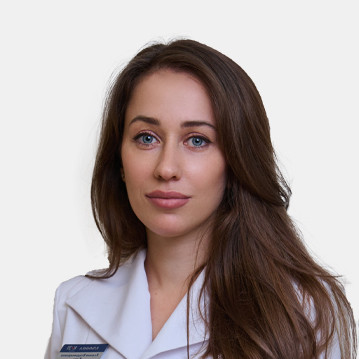
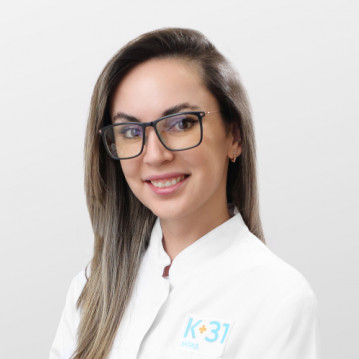
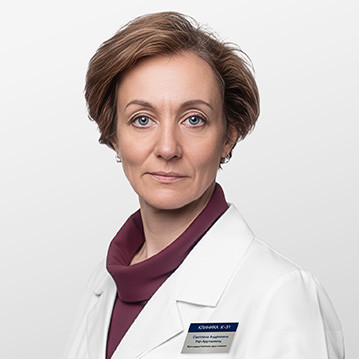
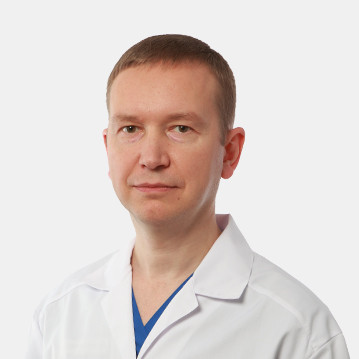
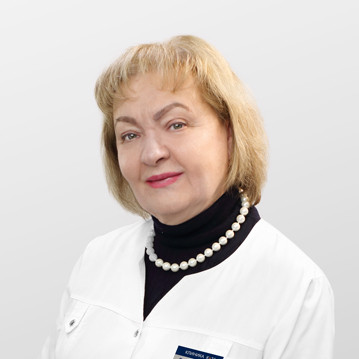
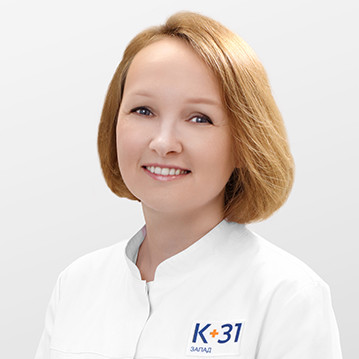
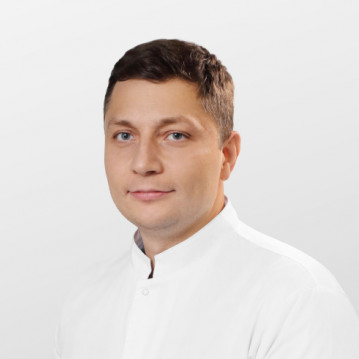
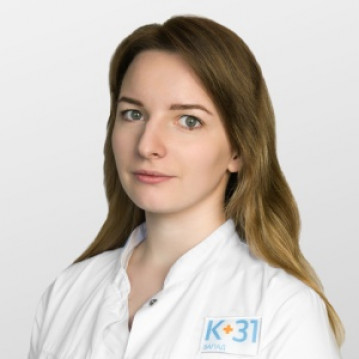
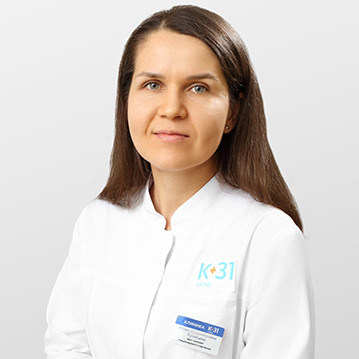
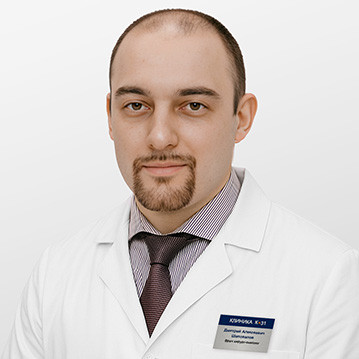
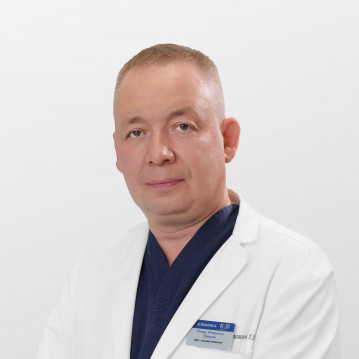
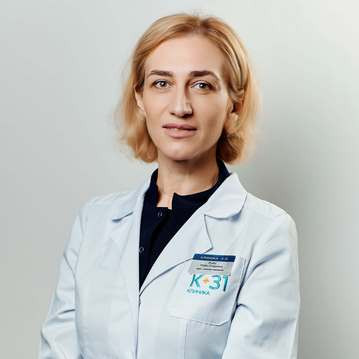
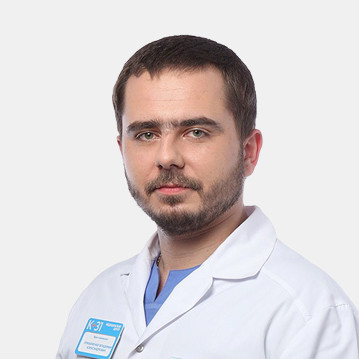
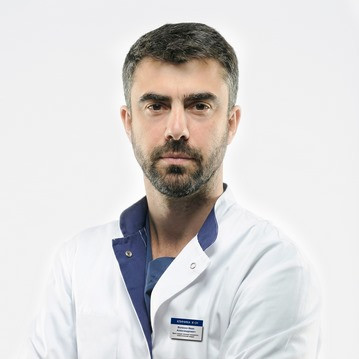
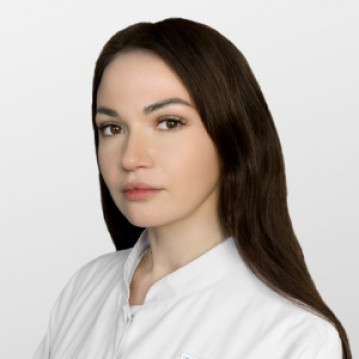
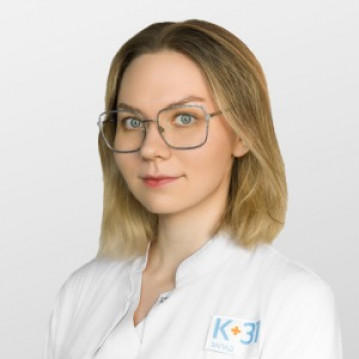
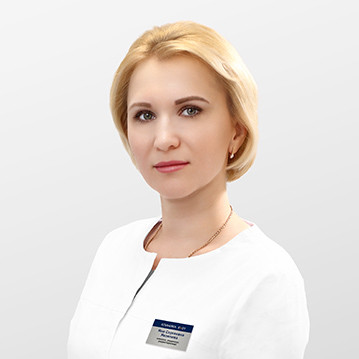
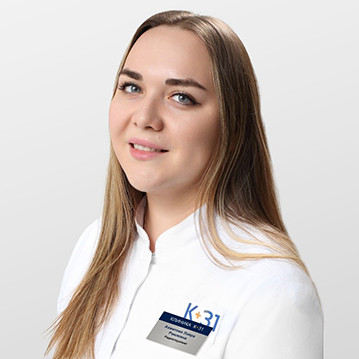
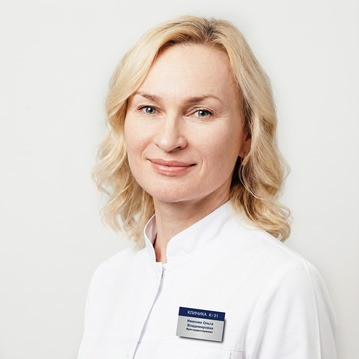
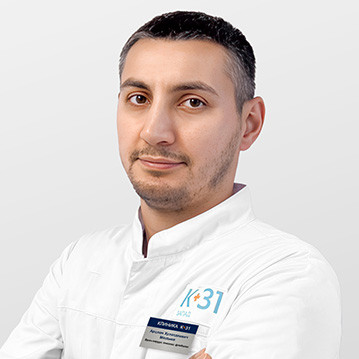
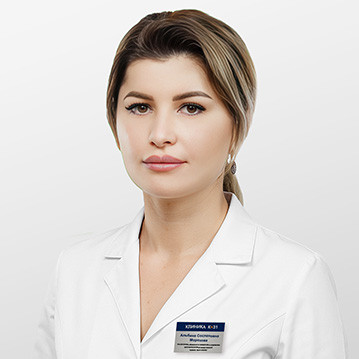
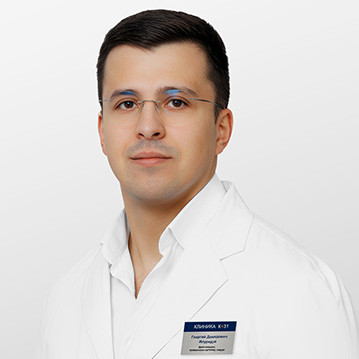
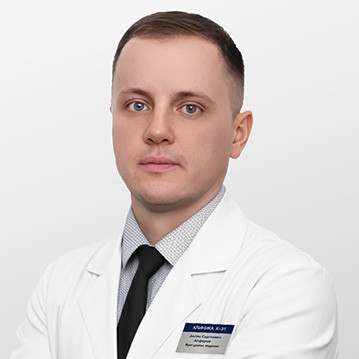
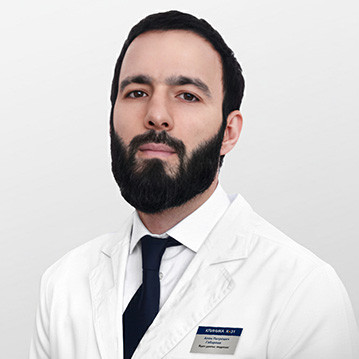
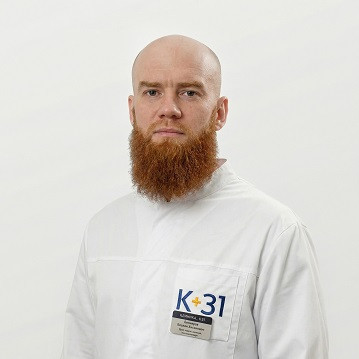
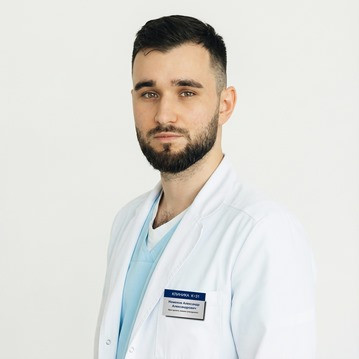
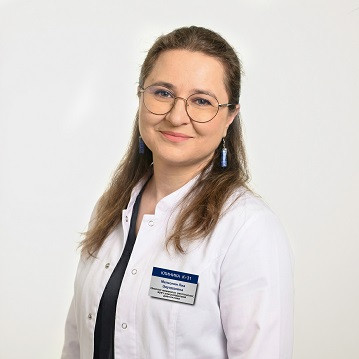
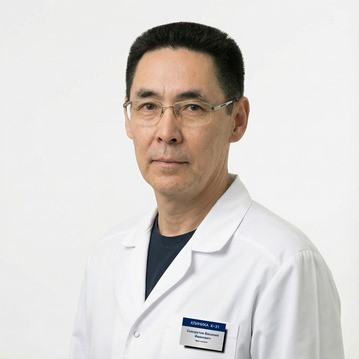

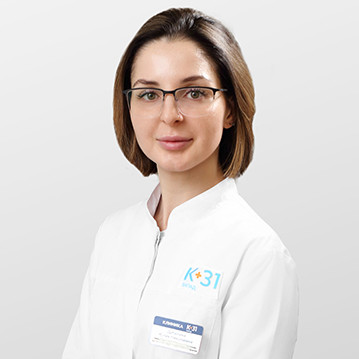







Definition of Crohn's disease
Crohn's disease is a chronic inflammatory disorder of unknown etiology that can affect any part of the gastrointestinal tract. According to statistics, in 70% of cases, the inflammation is localized at the junction of the large and small intestines. The disease is named after the American gastroenterologist Barryl Bernard Crohn. Together with two colleagues, Leon Ginzburg and Gordon Oppenheimer, he first described 18 cases of the disease in 1932.